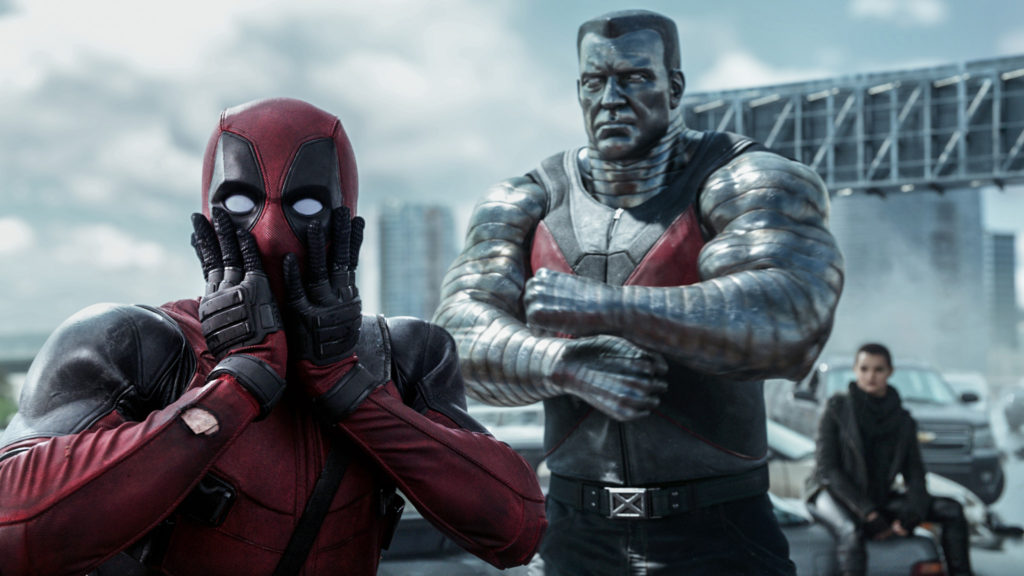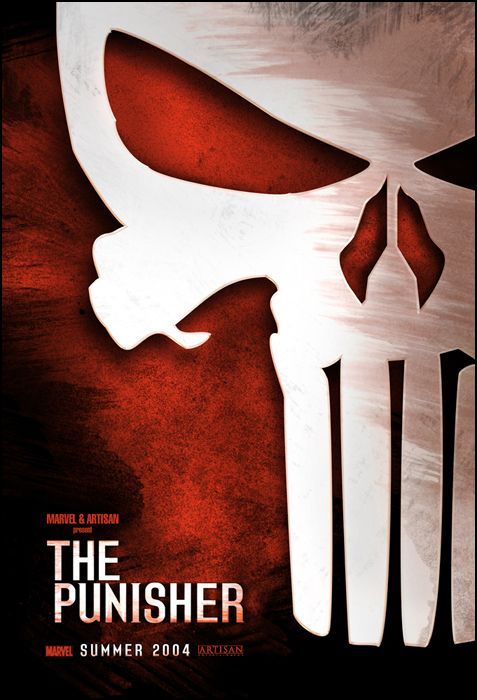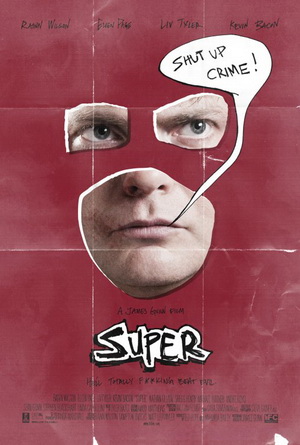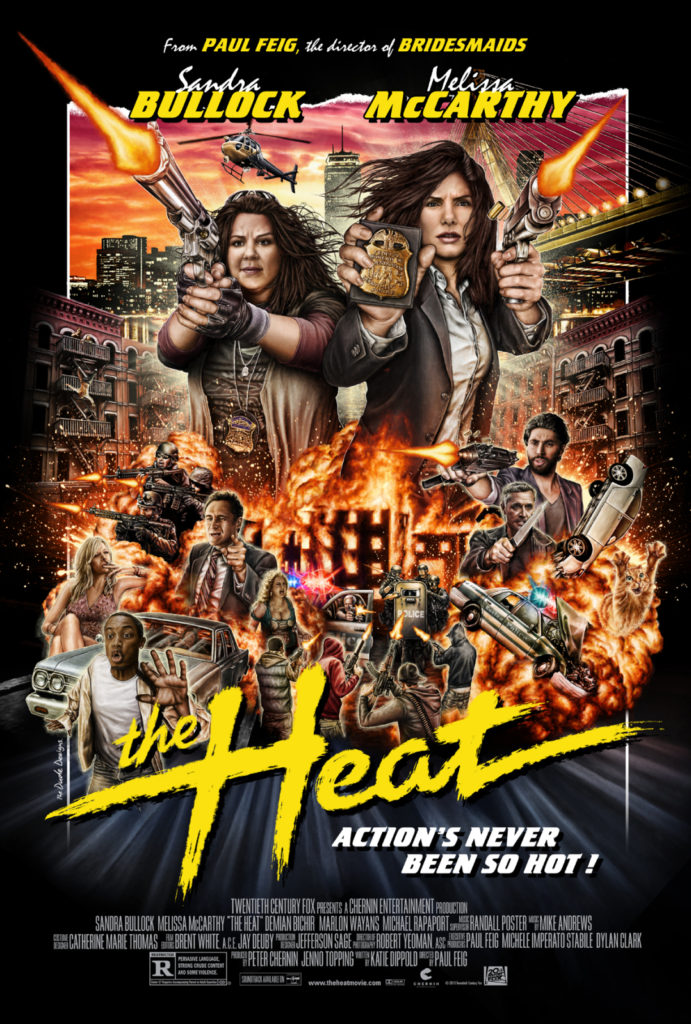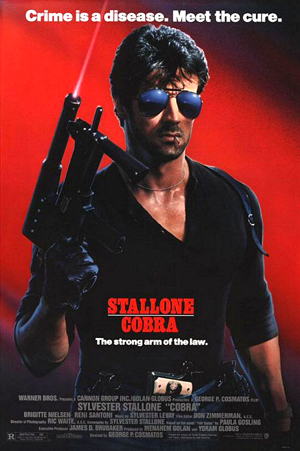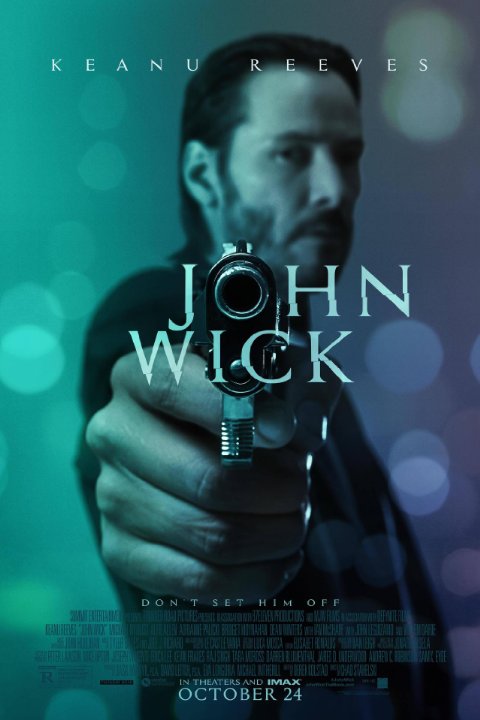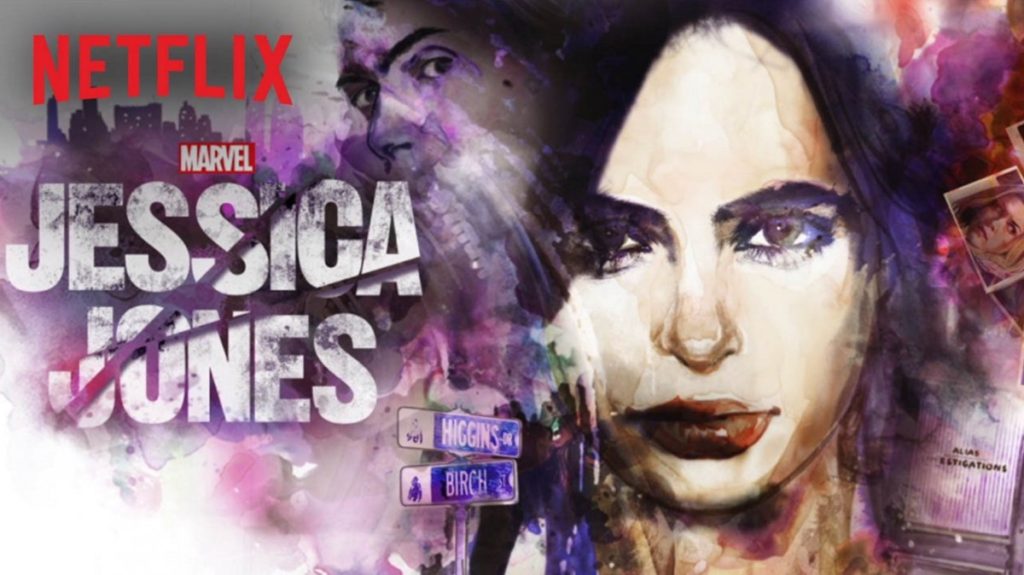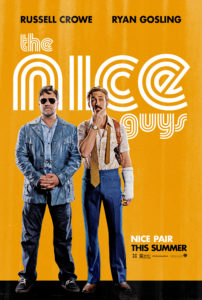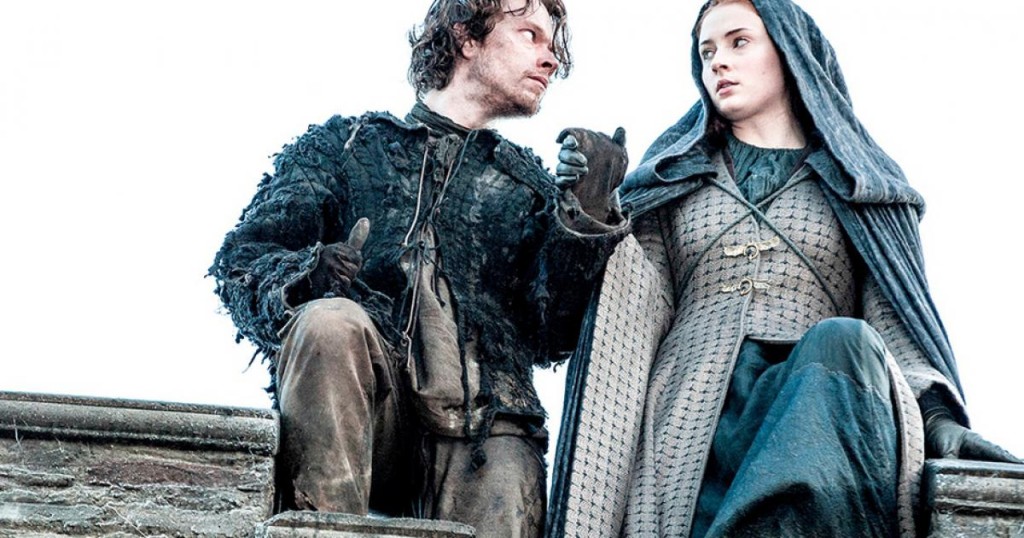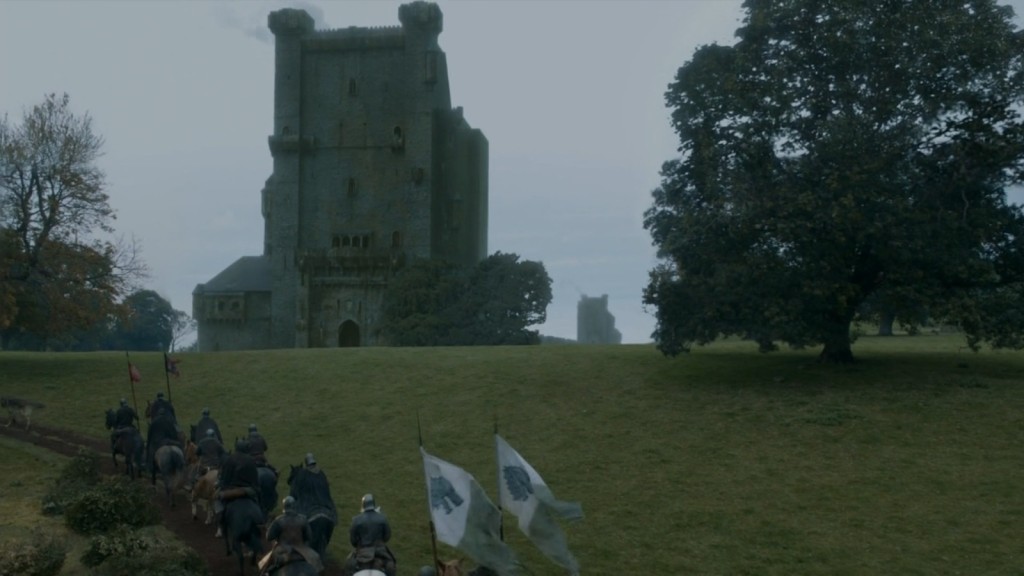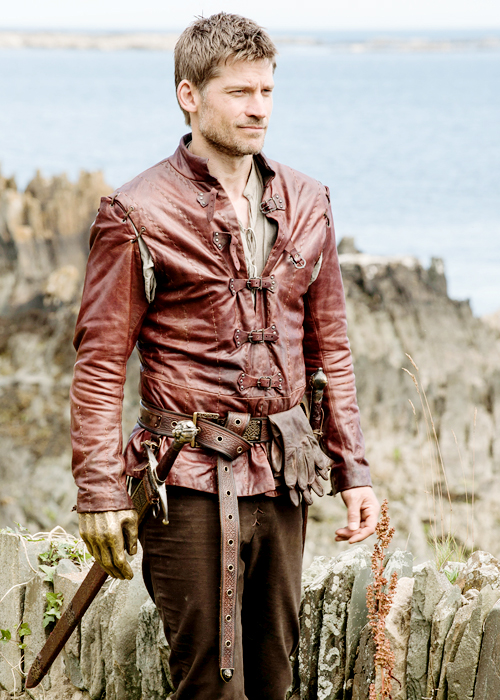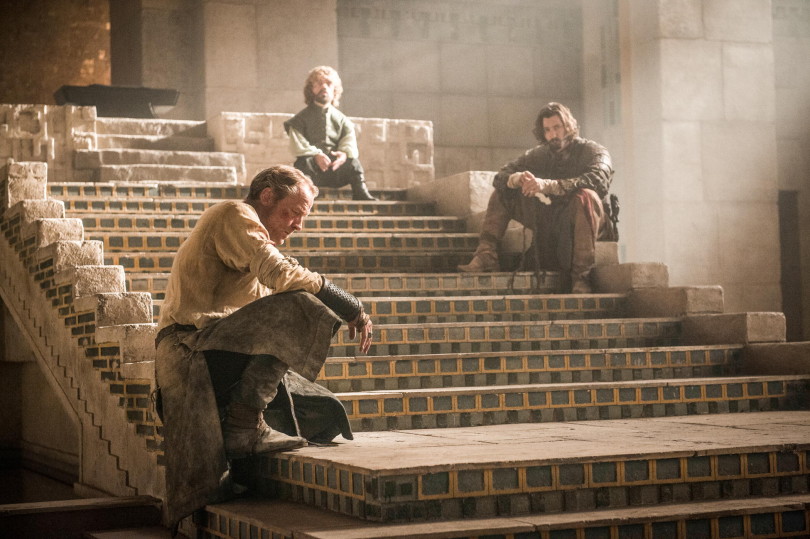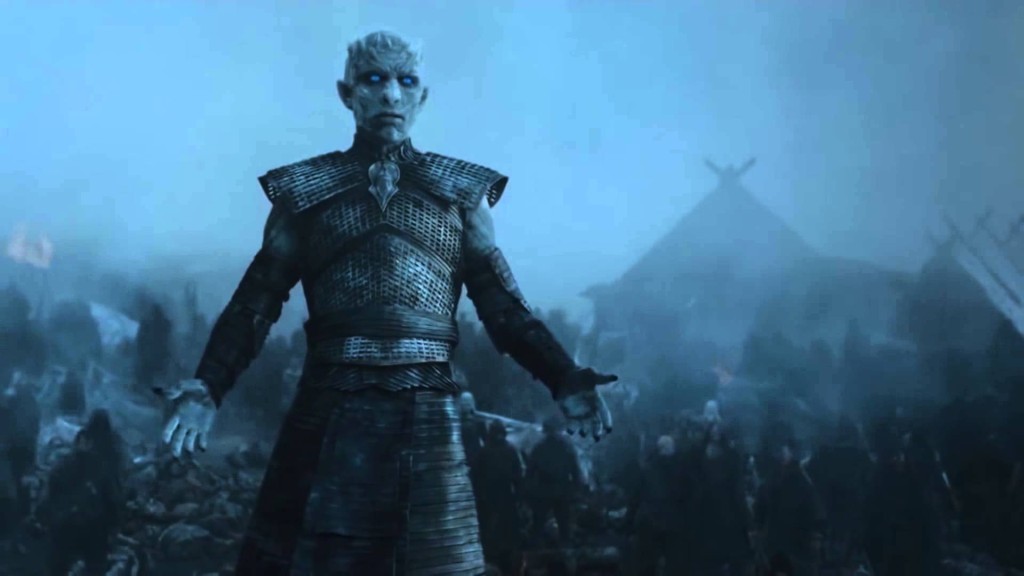Deadpool just became the highest grossing R rated film of all time, which is awesome, but I’m not here to discuss Deadpool specifically. Rather, what I’m here to discuss is what that film’s success means for the future of film in a more general sense.
The boxes checked off by Deadpool are comic book adaptation, action movie, and comedy film. It would be faulty logic to try and delineate which of these flavors were the biggest reason for it’s record breaking success, as the combination of all three is clearly what led to it. What I’m more interested in is which of those genres will benefit the most from Deadpool’s big win.
We’ll start with comic book movies, as brand recognition certainly factors into box office success. But you can’t really make any more money bringing DC and Marvel characters to life than they already are. These films have made billions of dollars and will continue to do so for the foreseeable future.
Also, let’s not fool ourselves into thinking that Deadpool was the first ever successful R-rated comic book adaptation. The three Blade moves were all rated R and – while only the first two were actually good movies – they all turned a profit. Kick-Ass was also received well enough by critics and audiences to warrant an admittedly inferior sequel. The Punisher (2004) and Punisher: War Zone (2008) were not especially profitable, but they were both enjoyable enough to sit down and watch whenever they come on TV some evening or weekend afternoon.
While James Gunn’s Super was very good, it was also an original property, so it may not entirely qualify for this list. But last year’s Kingsman: The Secret Service was a highly entertaining and well-reviewed R-rated comic adaptation. In fact, Kingsman itself did strong enough business to get a sequel greenlit. What I’m ultimately saying is that, even though the money Deadpool made was unprecedented for an R-rated comic book movie, the R rating itself was not.
Comedies with an R rating never really went away. You can track back even just the past 10 years to the films of Judd Apatow and Paul Feig to see that. The 40 Year Old Virgin, Knocked Up, Trainwreck, Bridesmaids, The Heat, and Spy all made money hand over fist and have strong reviews across the board on Rotten Tomatoes. However, those last two movies lead me to what I believe will be the real genre winner here: action movies.
Yes, The Heat and Spy were billed more as comedies than as action movies. But they are really just a slight shift in ingredient measures away from films like 48 Hrs, Lethal Weapon, and Die Hard. Action films used to proudly hoist their R rating before theaters began to crack down on underage viewers buying tickets to those movies. This is why memorable and fun 80’s and 90’s vehicles like the ones listed above, along with movies like Cobra, Predator, Bloodsport, Out For Justice, Con Air, and Face/Off (and numerous more that I could fill out a whole other blog post with) were replaced by a bunch of fairly toothless PG-13 movies.
It doesn’t seem like the general admission crackdown is going away anytime soon (I might write a post about how the overly Puritan mindset of the American public at-large is doing a disservice to entertainers and those they wish to entertain at a later date) but as long as you can make an R-rated action movie that parents and their tween or teen kids are interested in, then we could see a real Renaissance.
There have been some very good non-comic book “restricted” action movies that have come out just in the past year or two. A few that spring immediately to mind are The Guest, Blue Ruin, John Wick, and The Purge: Anarchy. None of these films carried anything approaching even the relatively low $58 million budget of Deadpool, and none of them had anywhere near the full court marketing press as that movie, but I found them all just as enjoyable.
There is still a market for “adult” oriented action, you can tell just by looking at some of the biggest television hits of the recent past. Game Of Thrones, Breaking Bad, The Walking Dead, Daredevil, and Jessica Jones were/are all excellent shows that bring in millions of viewers each week. Every one of those shows is much closer to an R rating than a PG-13 rating and, in fact, three of them are comic book properties. I can also guarantee that nearly half the viewers for these shows are under the age of 18.
You don’t need to be over 18 to want to see this sort of content but, if you are, then you’re not allowed to go to the movie theater and buy a ticket for it. Odds are that 99.8% of them suffer no mental trauma by watching these shows, this I say from personal experience, but now we’re moving back towards that Puritan values problem I mentioned earlier. My point is that, as long as the product is good, and as long as it is advertised and available enough, films of this nature will be successful.
My theory will get its first real test at the end of May when The Nice Guys opens. Shane Black’s last movie was Iron Man 3, so I suppose it brings a little secondhand comic book brand recognition. But he’s more well known for directing and co-writing great R-rated action films like the aforementioned Lethal Weapon and, one of my favorite action-comedies of the last 16 years, Kiss Kiss Bang Bang. Yes, there are some big stars in The Nice Guys. But this is not the sort of Oscar bait that most R-rated star vehicles are these days. In fact, it looks a lot more like a fun, old school romp in the spirit of something like Deadpool.
Obviously, I’m not banking on this as the be-all, end-all, since most of The Nice Guys was filmed before Deadpool was even ramping up its massive marketing campaign. But it bears watching trends over the next few years, and I’m personally hoping we get more of those vintage style action movies that I remember from when I was technically too young to watch them, but watched the hell out of them anyway.
It would be a nice break from the 21st century assembly line of sterile, overly polite versions we’ve been force fed. After all, the famous line does not go “Yippee Ki-yay, Jerkface!” it goes “Yippee Ki-yay, Motherfucker!”
